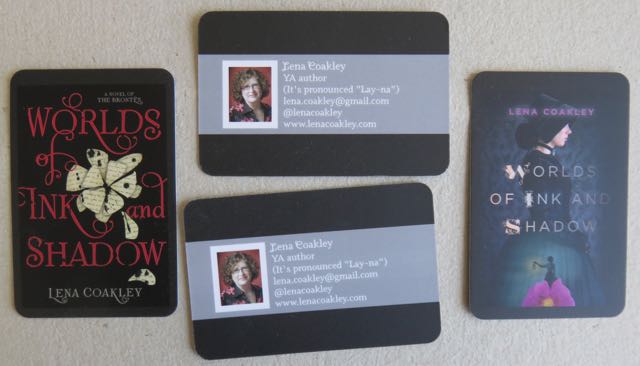Tomorrow I head off to Boston for my first Readercon! I’ll be getting both my panels out of the way on Friday, so then I can sit back and enjoy the rest of the conference. (Whew!) I’m so excited to speak about a hero of mine, Diana Wynne Jones, who is a memorial guest of honor. Here’s where I’ll be:
FRIDAY, JULY 8th
11:00 AM BH The Works of Diana Wynne Jones. Lena Coakley, Alena McNamara, Sharyn November (leader), Bethany Powell, Sonya Taaffe. Diana Wynne Jones (1934-2011) is renowned as one of the twentieth century’s best writers of children’s fantasies, but she wrote a considerable range of work, from fantasies to science fiction to satire. Jones was above all a knowing writer, conscious of the limits of the genres she was working in and always pushing at them, cannily manipulating old cliches and tropes and motifs to create something new and even astonishing. Her appeal was considerable, to both adults and children, and her skill greater. She was the winner of the Guardian Children’s Fiction Prize in 1978, the Mythopoeic Fantasy Award in 1996 and 1999, and the Phoenix Award in 2006, as well as the British Fantasy Society’s Karl Edward Wagner Award in 1999 and a World Fantasy Award for Life Achievement in 2007. As critic John Clute wrote in 1997, “At her best, Diana Wynne Jones has a suppleness, wit and storytelling ability that make her the equal of any living fantasy writer.” Join us in a discussion of her work.
1:00 PM BH Seriously, Enough: Tropes in YA We’d Love to See the Last Of. Lena Coakley, Maria Dahvana Headley, Nicole Kornher-Stace (leader), Julia Rios. YA tropes (obligatory romance! love triangle! high school drama!) are pervasive and limiting. We seem to feel that books marketed to all other age groups such as preschool picture books, early chapter books, MG, and adult can be about anything, but that YA readers’ imaginations are assumed to be so narrow that if those tropes aren’t hit upon in the text, teens will find nothing in the book to relate to. How did this came about and why does it persist? It is an insult to the imaginative capabilities of teens. We can do better.
Hope to see you there!





 Hi! I'm Lena, a young adult fantasy author from Toronto.
Hi! I'm Lena, a young adult fantasy author from Toronto.